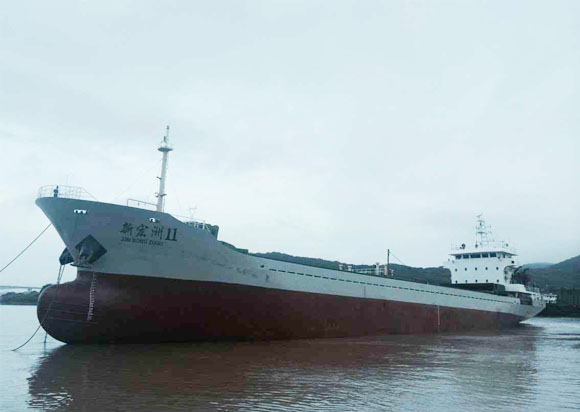Yingkou Zhenqi Logistics Co., Ltd.
General Manager: 0417-6234555
Deputy General Manager: 0417-6143833
Land Transport Department: 0417-6150333
Fleet: 0417-6140265
Distribution Department: 0417-6234400
Maritime Department: 0417-6234111
Shipbuilding Department: 0417-6230862
Freight forwarding department: 0417-6230862
Warehousing Department: 0417-6234111
General Department: 0417-6150628
Reception Room: 0417-6239900
Fax of Freight Department: 0417-6149166
Fax of Ministry of Maritime Transport: 0417-6149657
Fax from General Department: 0417-6150333
Website: en.zhenqiwuliu.com
Address: Eastern Section of Shugang Road, Bayuquan Circle, Yingkou City, Liaoning Province
In the future, the development of logistics industry will be bright. It is located in East Asia, linking Northeast Asia with Southeast Asia, and the energy areas of Central Asia. Yingkou logistics is a newly emerging country. In the future, China's logistics industry should develop at a high speed. With China's developed transportation industry, the prospect is very ideal. Yingkou Transport Company mainly includes the following three aspects. Face to face
1. Globalization of logistics. Logistics globalization includes two meanings. One is that economic globalization makes the world more and more integrated. Large companies, especially multinational companies, are increasingly building production and marketing networks from a global perspective. The globalization of raw materials, parts and components procurement and product sales has brought about the globalization of logistics activities accordingly. Another implication is that the modern logistics industry is accelerating its concentration worldwide, and through international mergers and alliances, more and more logistics giants are formed. In 1998, European Tiandi Post (TNT) merged with Jef Service, France's largest domestic express service company, for $360 million. In 1999, British Post merged German Parcel, Germany's third largest private transport company, for $500 million. These mergers and acquisitions not only broaden the field of logistics services, but also greatly enhance the competitiveness of enterprises in the market.

2. Information technology and network technology are increasingly widely used in the field of logistics, and logistics and e-commerce are increasingly integrated. In the 1970s, the application of EDI in logistics field simplified the tedious and time-consuming order processing process in logistics process, enabled both suppliers and demanders to communicate logistics information instantly, and connected each link in logistics process accurately, which greatly improved logistics efficiency. The emergence of the Internet has led to revolutionary changes in the logistics industry. Timely and accurate information transmission based on the Internet meets the information needs of highly intensive management of the logistics system, and ensures the full sharing of information between the various points of the logistics network and the headquarters as well as between the various points of the network.
3. Third-party logistics has increasingly become the dominant mode of logistics services. From the perspective of Europe and America, it has become a trend that production and processing enterprises no longer have their own warehouses, but serve themselves by other distribution centers. A survey of 500 large manufacturing companies conducted by an American organization in 1998 showed that 69% (including some commissions) of cargo owners handed over logistics business to third-party logistics enterprises. At the same time, research shows that 33% of non-third-party logistics service users in the United States and 24% of non-third-party logistics service users in Europe are actively considering using third-party logistics services.